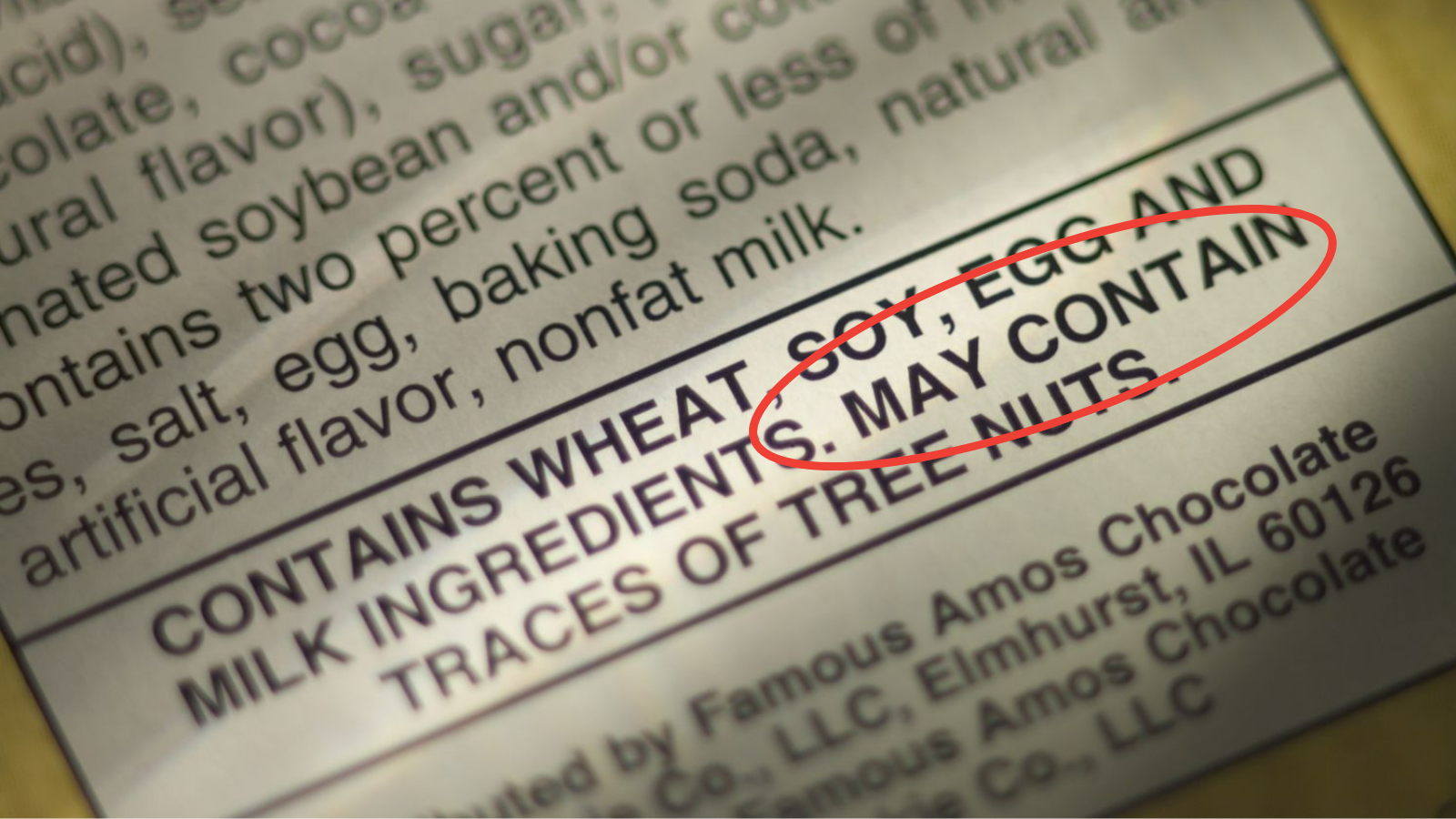
In March, EFA submitted a response to a consultation by the Codex Alimentarius Commission (CAC), the WHO/FAO body setting food standards globally. The consultation seeks to evolve on two key issues for the food allergy patient community: the revision of the allergen-related provisions of the General Standard for the Labelling of Prepacked Food (GSLPF) and the development of guidelines for the use of Precautionary Allergen Labelling (PAL).
The General Standard for the Labelling of Prepacked Food (GSLPF) is the global standard providing the basic principles for the labelling of prepackaged food globally, including allergen labelling. En revanche, future guidelines on Precautionary Allergen Labelling (PAL guidelines) is the first attempt to develop global rules for informing consumers about the unintended allergen presence in specific foods. PAL remains a voluntary information statement in most countries and regions, including in the EU.
To respond to the Codex consultations, EFA organized several community calls with our Food Allergy Working Group to discuss the proposals and reflect the European level perspective on food labelling. The joint consultation paper is expected to influence key aspects of allergen labelling policies in the EU and internationally.
EFA is an observer to Codex since 2019 and a member of the Committee on Food Labelling (CCFL) and the Committee on Food Hygiene (CCFH).
GSLPF revision: towards global principles that further improve food allergen labelling
Definition of ‘food allergens’ introduced!
EFA applauds the proposed introduction of a ‘food allergen’ definition, as the reference to both ‘foods and ingredients’ captures well the range of food allergens that exist.
Clear and readable information is a must
However, EFA strongly opposes any kind of flexibility in the obligation to provide clear information on the presence of allergens in a food product, maintaining that allergen information should not only be mandatory but also clear i.e. in a distinct font type, style or colour.
No more hiding – ‘allergen statement’ should go in the ingredient list
EFA supports the use of separate statements for allergens. We propose an obligatory ‘Allergen Statement’ containing all relevant information (e.g. allergen ingredients, PAL and allergen risk assessment). For the convenience of consumers with food allergy, such statements must be placed directly next to the ingredient list.
PAL Guidelines: allergy patients need a mandatory and harmonised PAL!
EFA has been advocating for the needs of food allergy patients throughout the development of the first framework of rules on the largely unregulated area of precautionary allergen labelling (PAL). Acknowledging the need to balance between patient safety and ensuring food choices, the EFA food allergy patient community highlighted several key points.
PAL must become a mandatory food labelling based on a risk assessment
A mandatory PAL will reduce uncertainty around the risks posed by a given food product while increasing consumer trust in foods. Reality has shown that oftentimes PAL is incomplete, with patients reacting to allergens not mentioned on the label but that could have been detected through a risk assessment.
Patient representatives prefer using reference dose ED05
In one of the central issues of the consultation, EFA made clear that reference doses for food allergens should be calculated based on eliciting dose 05 (ED05).
Although ED01 would in theory protect 99% of food allergy patients, there are well-founded concerns by both scientific and patient experts that it would lead to a proliferation of PAL statements. At the same time, health outcomes in terms of anaphylaxis remain extremely low even in an ED05 scenario, as recent studies demonstrate.
EFA stresses that ED05 strikes the right balance between safety information for food allergy consumers while safeguarding their food choices. In this regard, all stakeholders should invest in communicating the right message and making sure that consumers are properly informed.
‘May contain’ – PAL wording
EFA addresses the attention to the fact that there should be a harmonised PAL wording across the globe. Among other wordings such as ‘may contain traces of...’ and ‘not suitable for people allergic to X’, EFA prioritises ‘may contain’ as the least bad option from a food allergy patient perspective, given that it is currently the most common and the most recognisable wording. This is why we suggest to establish an ‘Allergen Statement’, including PAL among other allergen-related information.
You can access EFA’s full response to the joint consultation here.